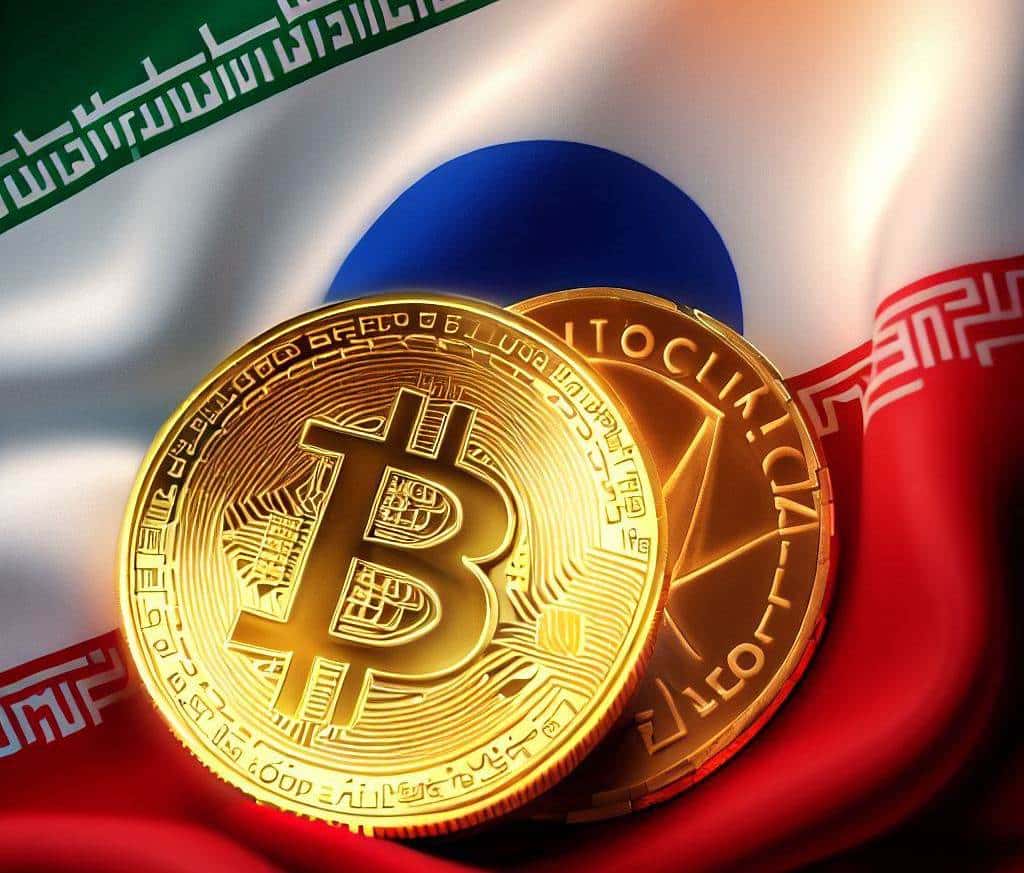
As global geopolitics continue to evolve, Russia and Iran are making efforts to bypass economic sanctions. Recently, the two countries announced the development of a gold-backed cryptocurrency. While this move may seem strategic, it raises questions about its potential effectiveness in evading sanctions and how it compares to the recent Russia-China deal involving the use of the yuan for transactions.
The gold-backed cryptocurrency is designed to facilitate transactions between Russia and Iran, allowing them to bypass the conventional banking system and the financial restrictions imposed by the United States and other Western nations. This new digital currency aims to offer stability, transparency, and security, leveraging blockchain technology to ensure the integrity of the transactional process.
However, it is important to consider whether this new cryptocurrency will actually enable the two nations to evade sanctions. For starters, the international community is likely to scrutinize any transactions involving this digital currency closely. The United States, in particular, has been keen on developing strategies to counteract the use of cryptocurrencies for evading sanctions. Consequently, the implementation and widespread adoption of this gold-backed cryptocurrency may prove more challenging than anticipated.
Moreover, the question arises whether this new cryptocurrency would be a more effective means of bypassing sanctions than the recent deal between Russia and China. The agreement between the two nations involves using the yuan for transactions, circumventing the US dollar and, by extension, the US financial system. This approach might be seen as a way to strengthen China’s power and global influence while also protecting Russia and Iran’s economic interests.
Using the yuan for transactions has its merits. For one, it signifies a vote of confidence in the Chinese currency and could promote the internationalization of the yuan. Additionally, this method would likely be more stable and reliable than a newly established cryptocurrency, which may face regulatory hurdles and skepticism from the global financial community.
However, relying heavily on the yuan and strengthening China’s power may not be the best long-term strategy for Russia and Iran. Increasing dependence on China could limit their autonomy and make them more vulnerable to potential political or economic shifts in the region.
In contrast, a gold-backed cryptocurrency could provide a more decentralized and flexible alternative, allowing Russia and Iran to maintain greater control over their financial transactions. This approach might also encourage other nations facing similar challenges to explore and adopt innovative financial solutions to bypass sanctions.
In conclusion, while the new gold-backed cryptocurrency may not be a foolproof method for Russia and Iran to evade sanctions, it does offer an interesting alternative to increasing reliance on China’s yuan. Ultimately, the success of this digital currency will depend on its ability to gain widespread acceptance and overcome regulatory hurdles. Whether it proves to be a more viable solution than the Russia-China deal or not remains to be seen. As the global financial landscape continues to evolve, the strategies employed by nations to protect their interests will undoubtedly become more sophisticated, and digital currencies will play an increasingly prominent role in these efforts.



Get the latest Crypto & Blockchain News in your inbox.